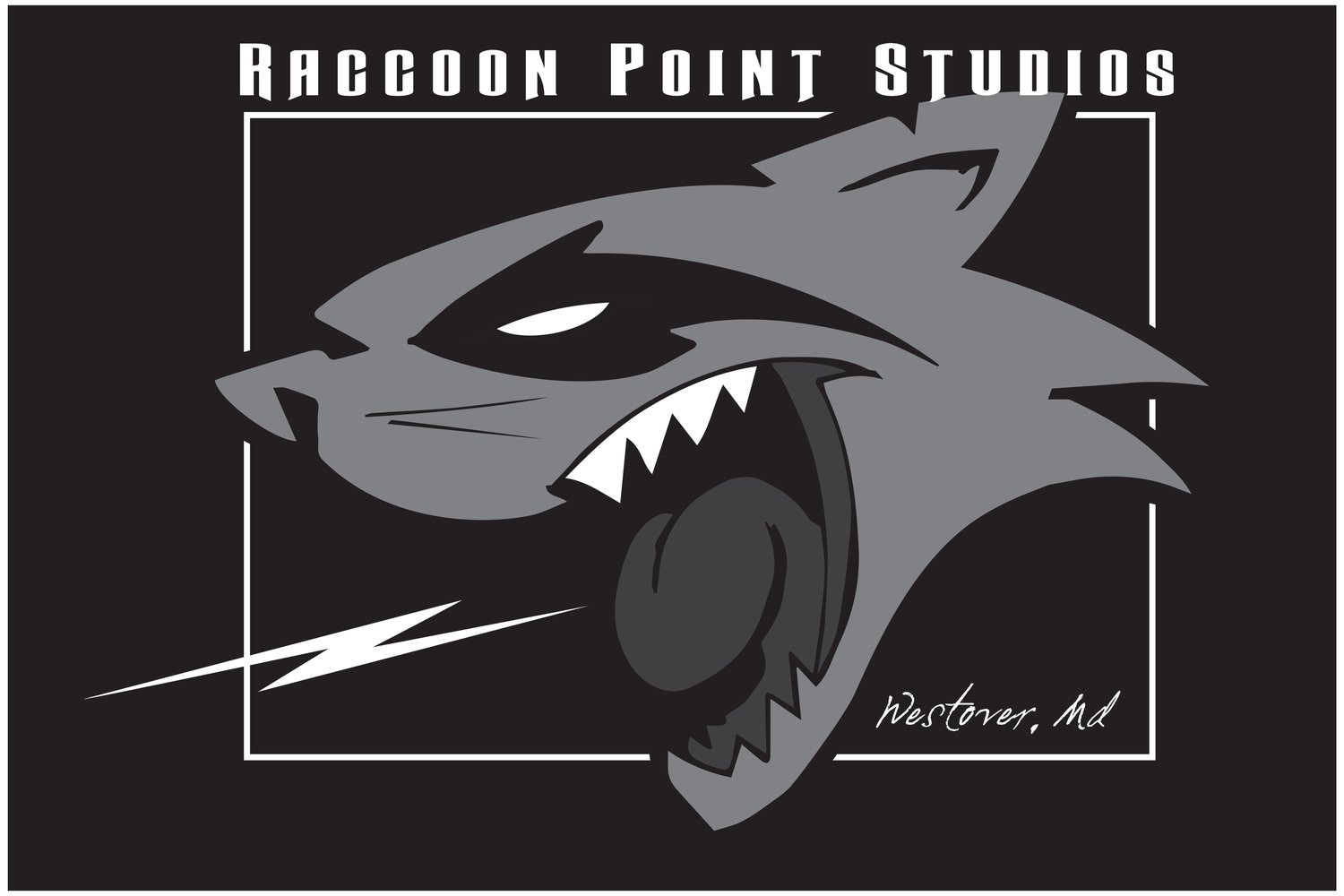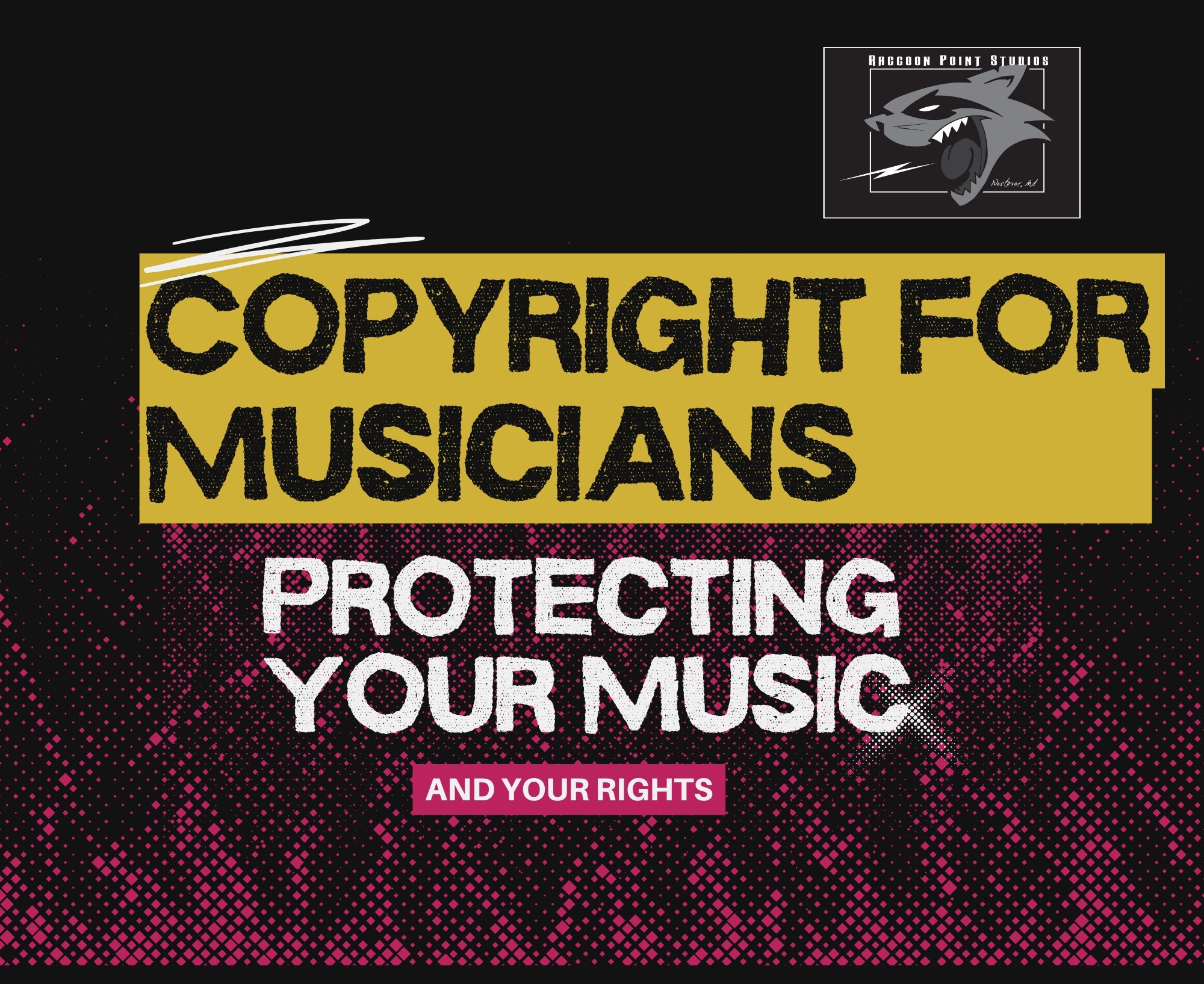Copyright for Musicians: Protecting Your Music and Your Rights
Copyright is an important topic for any musician who wants to protect their creative work, earn income from it, and ensure that it remains their own.
In the music industry, understanding copyright is not just about legal jargon; it's about controlling your art, safeguarding your livelihood, and making the most of the opportunities available for your music. Here, we’ll break down what copyright is, why it’s important for musicians, and how to register your work to ensure your rights are covered.
What is Copyright?
Copyright is a legal right that gives you, as the creator of an original piece of music, exclusive control over how your work is used. This means you have the right to decide who can copy, distribute, perform, or adapt your music. Essentially, copyright turns your music into a property, which you can sell, license, or use however you choose.
In the United States, your work is automatically copyrighted the moment you create and record it in a tangible form—whether it’s a digital recording, written sheet music, or even a voice memo. This gives you a basic level of protection, but there are additional steps you can take to enhance these rights.
Why is Copyright Important for Musicians?
For musicians, copyright is about ownership and income. When you hold the copyright to your music, you’re entitled to certain benefits:
Exclusive Rights: You decide who gets to perform, distribute, or make derivatives of your work.
Earnings Through Licensing: Your music can be licensed for films, commercials, or other media, and you can collect royalties from these uses.
Control Over Your Art: You have the power to prevent others from using your work without permission.
Without copyright protection, it’s much easier for others to exploit your music without giving you credit or compensation. This can significantly impact your earnings and control over how your music is presented to the world.
The Different Types of Rights Involved in Music
Understanding copyright involves more than just knowing that you have rights—it involves knowing which rights are at play. Music actually encompasses several different types of copyrights:
Composition Copyright: This protects the musical composition itself—essentially, the lyrics and melody. This copyright belongs to the songwriter or composer.
Sound Recording Copyright: This is for the specific recording of a song, which protects the master recording. This copyright is usually held by the performer or the record label.
Both of these copyrights can be licensed separately. For example, if another artist wants to cover your song, they need to pay for a license to use your composition copyright, but they wouldn’t use your original sound recording copyright.
How to Register Your Copyright
While your work is automatically copyrighted once it’s recorded, registering your copyright with the U.S. Copyright Office gives you additional protections and benefits, including:
Public Record: A public record of your claim, which can be helpful if there are disputes.
Ability to Sue for Infringement: You cannot file a lawsuit for copyright infringement unless your work is registered.
Eligibility for Statutory Damages: Registered works are eligible for statutory damages, meaning you can receive compensation even if proving the actual losses is difficult.
To register, simply visit the U.S. Copyright Office's website and follow their instructions to submit your music. There is a fee involved, but it's a relatively small price to pay for the extra security it provides.
How Long Does Copyright Last?
For most individual creators, copyright lasts for the lifetime of the author plus 70 years. This means your music is protected during your lifetime and for many years after your passing, giving your heirs the potential to continue earning from your work. If your work is owned by a company (like a record label), copyright generally lasts 95 years from publication or 120 years from creation, whichever comes first.
How Copyright Helps Musicians Make Money
Copyright opens up a range of income streams for musicians. Here’s how you can leverage it:
Performance Royalties: When your music is performed publicly—whether on the radio, in a club, or at a live venue—you’re entitled to royalties. Performance Rights Organizations (PROs) like ASCAP, BMI, or SESAC collect these royalties on your behalf.
Mechanical Royalties: Whenever your music is reproduced—like in digital downloads or physical albums—you’re entitled to mechanical royalties. In the U.S., these are typically collected by organizations such as the Harry Fox Agency.
Synchronization (Sync) Licensing: When your music is used in film, TV, commercials, or video games, you can earn a sync fee. This is often one of the most lucrative opportunities for independent musicians, as sync deals can bring both exposure and substantial income.
Common Copyright Issues for Musicians
Unauthorized Sampling: Using a portion of another artist's song without permission can lead to serious legal issues. Sampling requires permission from both the composition copyright owner and the sound recording copyright owner.
Derivative Works: Making changes to an existing song (like a remix) also requires permission. A derivative work may need separate licensing to legally distribute or perform.
Misconceptions About Copyright and Distribution Platforms: Many musicians assume that uploading their music to platforms like YouTube or Spotify means that platform will protect their copyright. However, these platforms do not grant you copyright—they simply provide an outlet for distribution. The onus is still on you to ensure your music is copyrighted and protected.
Tips for Protecting Your Music
Register Your Works: Although copyright is automatic, registration with the U.S. Copyright Office strengthens your protection.
Use Watermarks and Metadata: Embed metadata into your recordings to help track your work. Services like DistroKid often include options for metadata that helps identify your songs online.
Work with a PRO: Joining a PRO like ASCAP or BMI ensures you receive performance royalties, and they help monitor when and where your music is played.
The point is: Take Control of Your Creative Rights!
Copyright is an essential tool for musicians to protect their work, control its use, and generate income. By understanding the different types of copyrights in music and how to register and enforce them, you’re taking the steps necessary to protect your career and make the most of your creative talents. Remember that copyright isn’t just about legality; it’s about ownership, recognition, and financial sustainability.
It ensures that your hard work remains yours and gives you the power to decide how it’s shared with the world.
So, don’t overlook this vital aspect of your music career—protect your art!
Hey, we’re RPMusic Studios, a real-life Recording Studio on the beautiful Eastern Shore of Maryland. We love our recording studio, YouTube Channel, and Blog, and we hope you do too. If you enjoyed this post, don’t forget to SUBSCRIBE below. And feel free to visit our website, follow us on social media, and drop us a line anytime. We’d love to hear from you! 🎸
If you think someone will like what we do, please forward!
Please take a look at OUR Reverb Shop here
And, lastly, check out our AMAZON store!
Disclaimer: These are affiliate links, meaning we receive a commission if you click on them and make a purchase. This is at no additional cost to you, and it helps us fund our business and bring you more helpful content. We only recommend products that we believe in.
Thank you for your support!
If you think someone will like what we do please forward!









